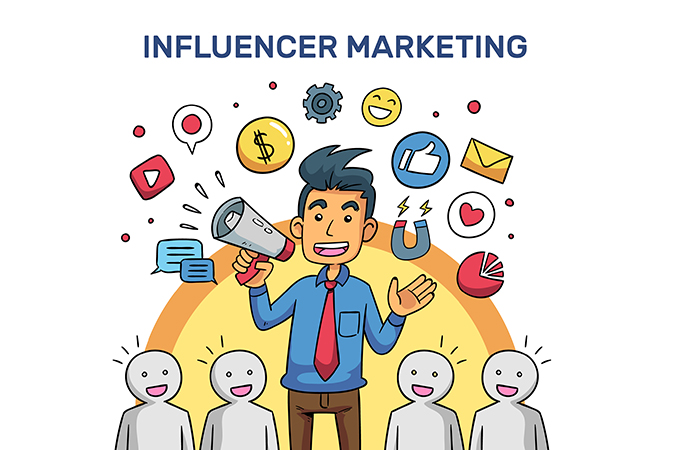By Ralph Tathagata
The global integrated marketing communication landscape is witnessing a watershed moment, especially for the influencer marketing category. Brands are investing in content creators more than ever, as they (influencers) take on bigger roles in shaping culture and commerce.
These individuals with their own brands and online audiences have emerged as some of the biggest things happening to the digital age. With platforms like Instagram, LinkedIn, YouTube, TikTok, Facebook and X among others introducing new formats for sharing short-form video, live streaming channels and other forms of user-generated content, the influencer market category is growing rapidly and disrupting traditional creative agencies.
On its own part, Cannes Lions is making a big statement about where marketing and advertising are headed by rebranding the Social & Influencer Lions as the Social & Creator Lions in 2025.
The organisers have introduced five new categories to elevate creator-led campaigns. According to Marian Brannelly, Global Director for Awards at Lions, Cannes introduced the new categories to make sure creators are recognised, and, more importantly, to reflect what’s happening in the industry.
“This isn’t just about handing out awards. It’s about showing how creator-led work shapes marketing at the highest levels.”
Rob Mayhew, an award-winning content creator, comedian, and social media consultant with over 25 years of experience in advertising, said the most exciting creative work in advertising is happening in the creator economy.
Mayhew, who has built a loyal following of over 130,000 on LinkedIn and 160,000 on TikTok, and who also served as a 2024 Cannes Lions juror in the Social & Creator category, believes that the ongoing changes reflect how much the industry now relies on creator work.
It would be recalled that in June 2024, global skincare brand CeraVe won the Grand Prix in the Social & Influencer category for its “Michael CeraVe” campaign.
Also, Goldman Sachs recent research estimated that the global creator economy could grow up to $480 billion by 2027.
In Nigeria, the creator economy is projected to grow up to $11.84 billion by 2030. Also, according to Coherent Market Insights, the Africa creator economy is projected to grow to a value of nearly $28 billion by 2030.
The creator market in Nigeria is booming with diverse content gracing millions of mobile phone screens, as some of the top influencers already earn six-figures in dollars with everything from comedy skits to cooking shows.
However, most of these creators are young individuals who gained instant fame with huge followership. In most cases, multinational brands that partner with them trying to reach their consumers who spend a better part of their time on social media platforms, consider little or nothing about their (creators) lack of professional experience in contracts, branding, communication, or financial management.
Jadrolita, a Nigerian influencer who mimics Artificial Intelligence (AI), recently won an ambassadorial deal worth ₦150 million with Samsung. While some industry watchers hailed her success as a testament to the potential of AI in marketing and brand representation, others noted that the deal should be part of the entire marketing communication strategy and not a stand alone.
During a recent event tagged Top Trends 2025, organised by MediaReach OMD Nigeria, in partnership with the Lagos Business School and Geopoll, the issue of influencers, also known as cultural drivers, taking a sizable chunk of the marketing budget was raised. Addressing the trend, CEOs, CMOs, agency eggheads and industry thought leaders agreed that brand owners and decision makers can no longer ignore them. They, however, advised brand owners to consider cultural context in their choices of influencers while maintaining that vanity metrics alone shouldn’t be the yardstick for engaging a content creator.
Exploring emerging trends and providing insights to help brands navigate the evolving marketing landscape and business environment in 2025, Professor Uchenna Uzo, the Faculty Director at Lagos Business School, who also teaches courses in marketing management, personal selling, sales and channel management, stated that influencer marketing has taken a strong foothold in the Nigerian space.
He pointed out that about 70% of young Nigerian consumers switched loyalty from one brand to the other in 2024, due to price fluctuations, noting that brand owners are also engaging influencers to retain their customers at the emotional level. This development, he added, reflects what’s happening in the industry and how the creator economy is shaping marketing at the highest levels.
As leading brands and agencies continue to figure out how to integrate these cultural drivers effectively into their overall strategy, Cannes is providing a platform to showcase creator-led campaigns that will shape how brands invest, collaborate, and communicate for years to come.





Comment
No comments found.